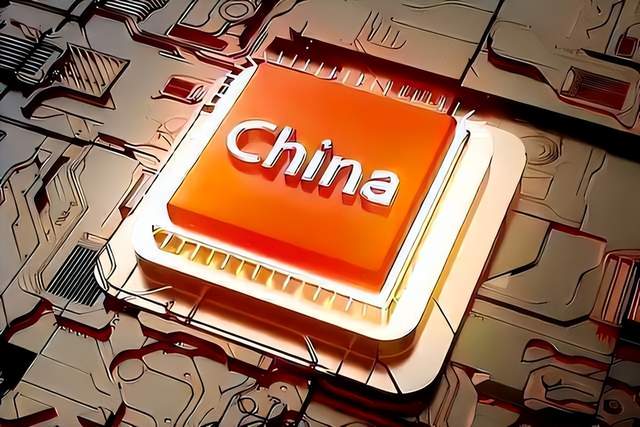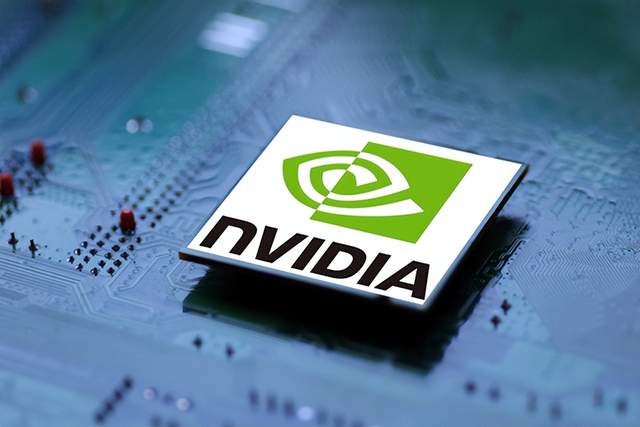China exported 245.9 billion chips, a major export drive that poses a threat to US chipmakers
![]() 11/21 2024
11/21 2024
![]() 466
466
In the first 10 months of this year, China's chip production continued to maintain high growth. With a significant increase in production capacity, China began to export chips in large quantities, capturing the global market with price advantages and putting enormous pressure on US chipmakers. The US plan to suppress Chinese chips may fail.

In the first 10 months of this year, China produced 353 billion chips, a year-on-year increase of 25%, setting a new record high. The substantial increase in domestic chip production capacity continues to drive the replacement of imported chips with domestic ones.
In addition to meeting domestic demand, China is also exporting chips in large quantities. In the first 10 months, China's chip exports reached 245.9 billion, a year-on-year increase of 11.3%, also setting a new record high.
The recognition of Chinese chips overseas lies in their ability to meet the needs of most manufacturing industries. Chinese chips can fulfill the demand for mature chips required in sectors such as home appliances, machinery, and automobiles.

Of course, an even more important factor is price, which is a powerful weapon for Chinese chips. Previously, a Texas Instruments analog chip was forced to reduce its price by 90% to just 1 yuan due to competition from Chinese chips, while domestically produced chips with the same functionality only cost 70 cents. The lower price naturally attracts overseas enterprises to adopt them.
The global economy is not as optimistic as it seems. The European economy, for example, is showing ominous signs. In August, car sales in the European market plummeted, with sales of the top five automakers in Europe falling by 30%. Under such circumstances, cost control has become a necessary action for many industries, making low-cost Chinese chips even more popular.
Recently, China's memory chip industry has also initiated a price war. China's two major memory chip companies have reduced prices for DDR4 memory chips, selling them at half the price of new US and Korean products. The ultra-low prices have attracted domestic consumers, highlighting the proactive approach of domestic chips to capture the market with low prices.

Made in China has always been known for its low cost. In the LCD panel industry, Chinese-made panels have forced Samsung Electronics to withdraw from the LCD panel market due to their ultra-low costs. LG Display has also significantly reduced its LCD panel production capacity, highlighting the cost advantage of Made in China in high-end manufacturing.
Made in China also helps Chinese chips enter overseas markets. China has been the world's largest manufacturing country for 14 consecutive years, and chips need to be integrated into these products. The large volume of Chinese exports also drives the export of Chinese chips.
The chips exported by China are mainly mature chips, which have a vast market. Approximately 70% of the global chip industry comprises mature chips. Among US chip companies, with the exception of NVIDIA, Qualcomm, and Intel, which develop advanced chips, many other chip companies such as Broadcom and Texas Instruments primarily develop mature chips.

China's aggressive grab for the global chip market will significantly reduce the market share of US mature chips. The revenues of US chip companies like Texas Instruments have already shown a declining trend. The demise of US mature chips will weaken the competitiveness of US chips, given the substantial investment required for developing advanced chips.
In fact, the innovation capability of US chips has shown a declining trend in the past decade. The US has lagged behind Asian chip manufacturers in chip manufacturing processes. The leading chip manufacturer Intel has suffered consecutive heavy losses this year, forcing it to cancel the development of the Intel 20A process and fully commit to the Intel 18A process, hoping to regain its advantage in chip manufacturing processes through the Intel 18A process.

Facing the impact of Chinese chips, the innovation capability of US chips will undoubtedly be further weakened. The US chip dominance in the global market may thus come to an end. The US has been wielding its chip hegemony for many years. Once it loses this hegemony, its influence will also be significantly reduced.





